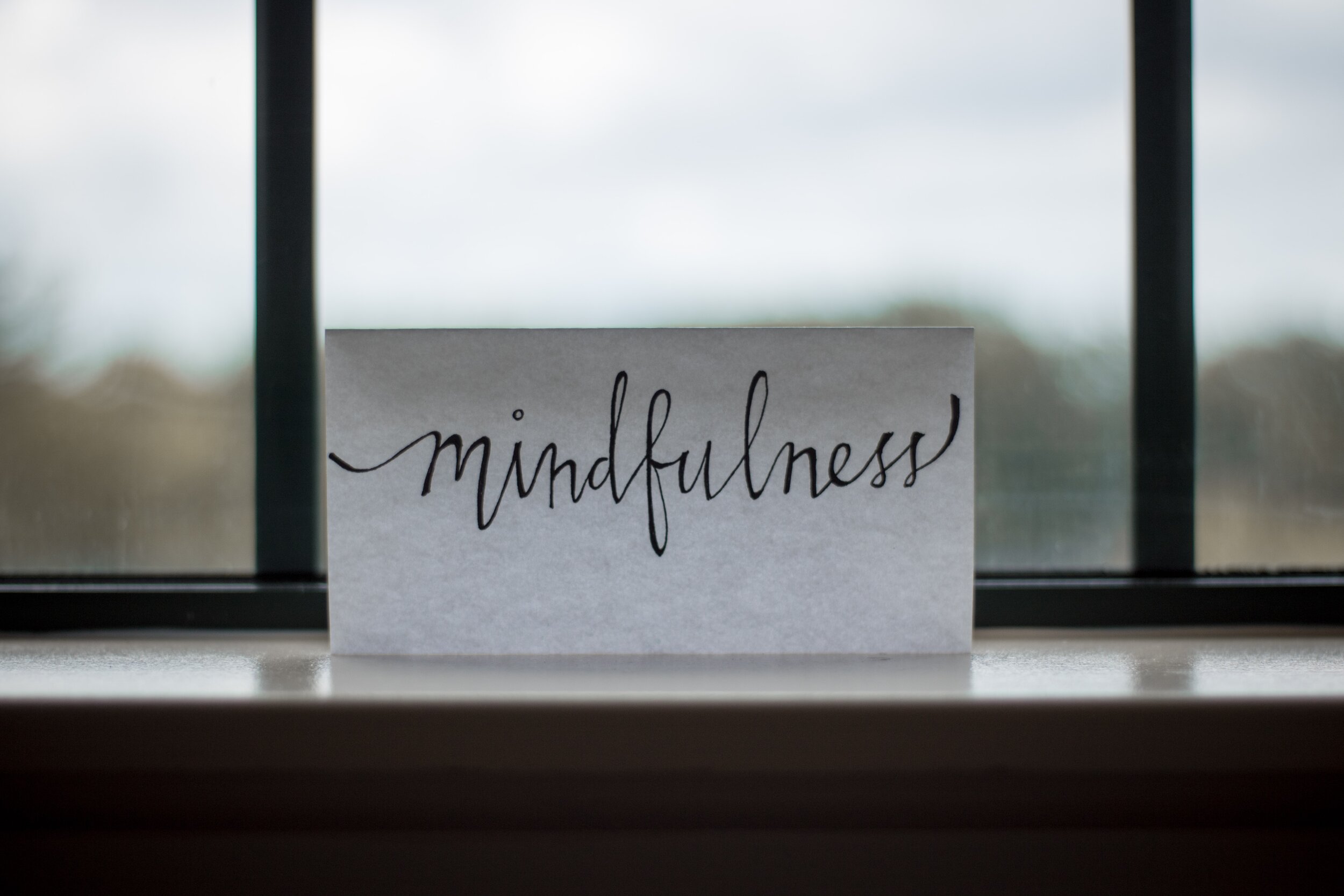Career

We can improve feelings of happiness through changing our thoughts, behaviors, and circumstances. Research has largely focused on changing our thoughts with lots of published strategies to help with changing our thoughts. Within this there are some strategies that you can use to change negative thoughts into being more positive, and thus happier overall.

As we grow, our families hope that we remain healthy, feel satisfied with our careers, have satisfying friendships and romantic relationships, and feel positive overall about our lives. Are there factors that might impact the transition from adolescence to adulthood, ensuring we feel positive about these life transitions? Absolutely.
Research suggests that a teen’s affect, particularly positive affect, is a critical factor impacting positive outlook. So what is affect? It’s the tendency to express positive or negative emotions, which in turn influences how we experience things and determine whether to judge a given situation as positive or negative.

COVID-19 has brought us a year of anxious uncertainty. Sheltering in place, working remotely, or facing daily hazards as essential workers, we’ve been unable to see our extended families, meet a friend for coffee, or even go to the gym, a sports game, concert, or movie. Some of us have lost loved ones, leaving a heartbreaking hole in our lives. All of us have lost touch with the normal rhythms of life. With no breaks in routine and fewer simple pleasures, the past few months have been an endless blur. Recent studies have shown that depression rates in America have tripled since the pandemic began (Berman, 2020).

With the pandemic forcing many of us to stay inside as much as possible, most therapists are meeting their clients virtually at present, in order to protect others and remain safe. While there has been an adjustment to navigating virtual therapy, there have been many benefits to being able to transition to more virtual opportunities for therapy.

Getting a text or call from a friend, family member, or romantic partner with the words, “We have to talk”, always evokes a bit of anxiety. Whether you’re the one delivering this statement or receiving it, we all definitely don’t enjoy this phrase and what often follows. Are there ways to talk without having to use this phrase? Absolutely. This post aims to provide you with a way to communicate with others, never having to use this statement.

Zoom calls have taken over. A few meetings in the morning, virtual learning, seminars over Zoom, a doctor’s visit over Doxy.me and FaceTime dates with family and friends. As social distancing continues, people move from video platform to video platform throughout the day. The unintended impact of this on mental health may be what’s being referred to as “Zoom fatigue” or the “feeling of tiredness, anxiousness, or worry from one video call to the next”.

Caring for your mental health is as important as caring for your physical health however emotional well-being is often overlooked in the workplace. It’s a challenge to manage work-related stress while also taking care of oneself. Mindfulness is one way to prioritize our mental health while reducing work-related stress.

Studies report that healthcare workers are and will continue to experience psychological distress along with symptoms of anxiety and depression, managing the many stressors they face on the frontlines and how this impacts their daily lives. How can we support healthcare workers? Here are a few strategies to care for you or a loved one’s mental health at this time, especially if you are working on the frontlines.

Social distancing has become crucial in order to prevent the spread of the new coronavirus. However, this can feel lonely and isolating, especially if you typically are on your own whether in your work life or personal life. For many, connecting via social media has become the new norm. Whether being on your own is something you are used to or not, the differences at present are valid and can take a toll on anyone.

These mindfulness tips can transform your life!